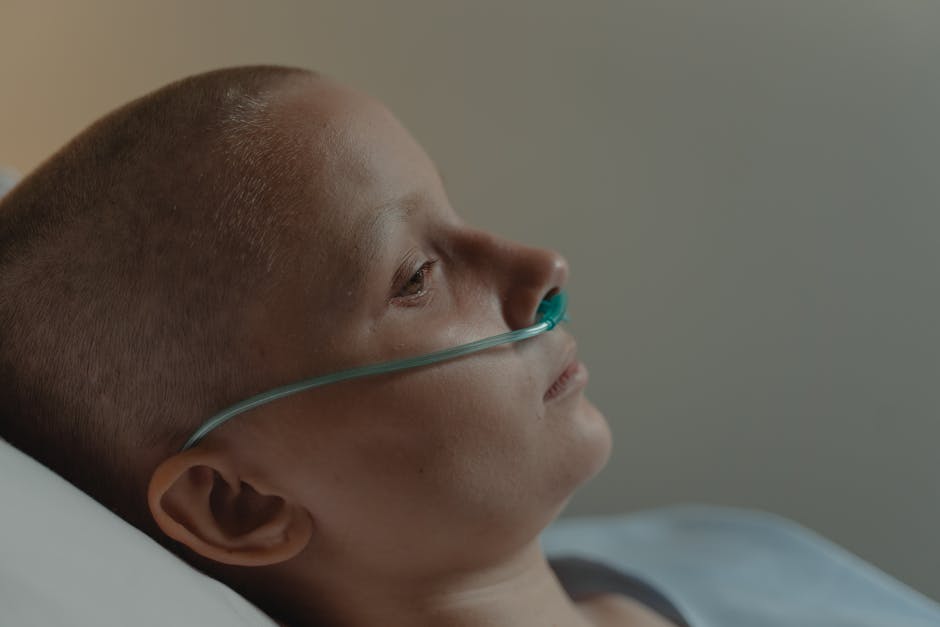From Struggle to Strength: Our Patients’ Tales
What if every challenge you faced became a stepping stone to a stronger you? Many of our patients have found that very truth. Their stories inspire us daily, showing how struggle can lead to strength. This article shares their experiences, highlights key lessons, and offers insights on overcoming personal battles.
What Do Our Patients Face?

Every patient has a unique journey. Some struggle with chronic pain. Others fight mental health issues or face recovery from serious injuries. Each story is different, but they all share a common theme: resilience.
For example, consider Sarah. After a car accident, she battled physical therapy and emotional trauma. Yet, she emerged stronger and more determined than ever. Her story reminds us that our struggles can ignite our inner strength.
How Do Patients Overcome Their Struggles?

Overcoming struggles isn’t easy, but our patients show us that it’s possible. Here are some ways they find strength:
- Setting Small Goals: Instead of aiming for huge changes, they focus on small, achievable steps.
- Building Support Systems: Friends, family, and therapy groups become vital in their recovery journey.
- Staying Positive: A positive mindset can make a significant difference in how they approach challenges.
These strategies empower our patients. Each small victory builds confidence, creating a cycle of strength. it’s important to note that everyones path is unique. What works for one person may not work for another.
What Are the Stories of Transformation?

Lets dive into a few powerful stories that exemplify our theme of struggle to strength.
1. Michael’s Journey from Addiction
Michael struggled with addiction for years. He felt trapped in a cycle of substance abuse. His turning point came when he hit rock bottom. With the help of support groups and therapy, he began to rebuild his life.
Today, Michael is a peer mentor, helping others who face similar battles. His story shows that it’s possible to turn pain into purpose.
2. Lisa’s Battle with Anxiety
Lisa dealt with severe anxiety that affected her daily life. Simple tasks felt overwhelming. Through cognitive-behavioral therapy and mindfulness practices, she learned to manage her anxiety.
Now, Lisa shares her journey through workshops, inspiring others to find their strength too. Her message? You are not alone in this fight.
3. Tom’s Recovery from Injury
Tom was a competitive athlete until a severe injury sidelined him. He faced months of rehabilitation. Initially, he felt defeated and lost. However, he shifted his focus from what he had lost to what he could gain.
By setting small physical goals, Tom gradually regained strength. His journey taught him the value of persistence and patience.
Why Is Resilience Important?

Resilience is the ability to bounce back from adversity. it’s a crucial skill that helps us navigate lifes ups and downs. Heres why it matters:
- Promotes Mental Health: Resilient individuals are better equipped to handle stress and mental health challenges.
- Enhances Problem-Solving: They learn to view obstacles as opportunities for growth.
- Fosters Relationships: Resilience encourages connection, as supportive relationships are essential for recovery.
Research shows that resilient people experience less anxiety and depression. They also tend to have healthier relationships. it’s a win-win!
Common Misconceptions About Recovery
Many people hold misconceptions about what it means to recover from struggles. Lets clear up a few:
1. Recovery Is Quick
Many believe that recovery happens overnight. In reality, it’s a process that takes time. Patience is key.
2. Seeking Help Is a Sign of Weakness
Some think asking for help shows weakness. In truth, seeking support takes courage. it’s a vital step in the healing process.
3. You Should Be Fine After a Setback
People often feel pressure to bounce back immediately. However, setbacks are part of recovery. They can provide valuable lessons for growth.
Understanding these misconceptions can pave the way for better support and empathy in recovery journeys.
How Can You Support Yourself or Others?
If you’re on a journey of struggle, or know someone who is, here are some actionable tips:
- Practice Self-Care: Engage in activities that nourish your mind and body.
- Find Community: Seek support groups or communities where you feel safe sharing.
- Embrace Vulnerability: Sharing your struggles can lighten the load and foster connection.
Remember, the road to recovery can be winding. Yet, every step forward is a step toward strength.
what’s the Takeaway?
Our patients stories teach us that struggles can lead to strength. Whether it’s overcoming addiction, battling anxiety, or recovering from physical injuries, resilience plays a crucial role. By sharing their experiences, we learn that we’re not alone.
As you navigate your journey, keep these key points in mind:
- Embrace small victories.
- Seek support when needed.
- Be patient with yourself and others.
To learn more about resilience and recovery, check out this article on resilience. It offers insights into how you can cultivate this important skill.
Lastly, if you’re looking for additional resources, visit our related post on support systems. Building a strong support network is key to overcoming life’s challenges.
Remember, every struggle is an opportunity for strength. Lets continue to support one another on this journey.



